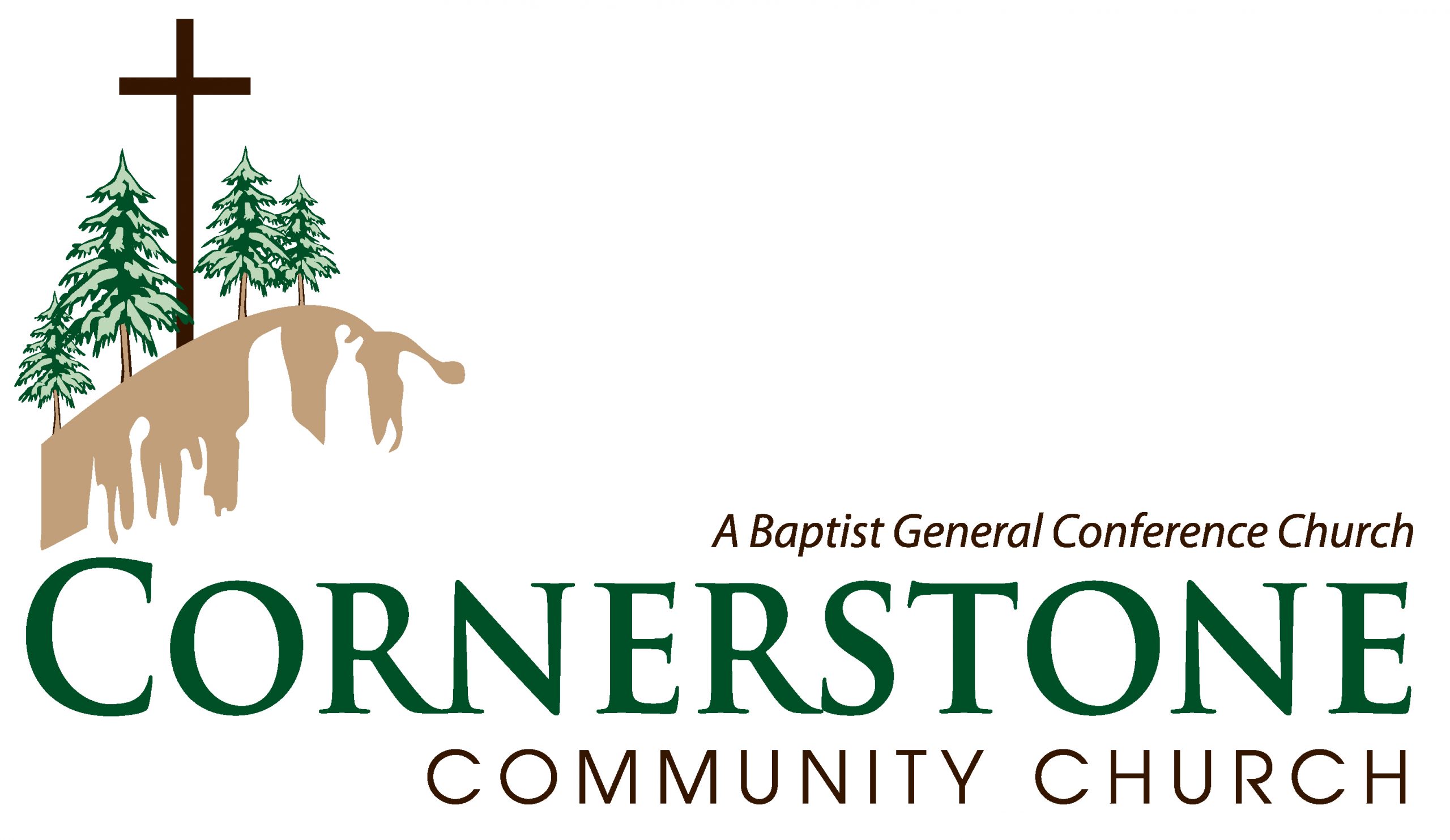No Worship Wasted
Mark 14:1-11 (ESV) 1 It was now two days before the Passover and the Feast of Unleavened Bread. And the chief priests and the scribes were seeking how to arrest him by stealth and kill him, 2 for they said, “Not during the feast, lest there be an uproar from the people.”
3 And while he was at Bethany in the house of Simon the leper, as he was reclining at table, a woman came with an alabaster flask of ointment of pure nard, very costly, and she broke the flask and poured it over his head. 4 There were some who said to themselves indignantly, “Why was the ointment wasted like that? 5 For this ointment could have been sold for more than three hundred denarii and given to the poor.” And they scolded her. 6 But Jesus said, “Leave her alone. Why do you trouble her? She has done a beautiful thing to me.7 For you always have the poor with you, and whenever you want, you can do good for them. But you will not always have me.8 She has done what she could; she has anointed my body beforehand for burial.9 And truly, I say to you, wherever the gospel is proclaimed in the whole world, what she has done will be told in memory of her.”
10 Then Judas Iscariot, who was one of the twelve, went to the chief priests in order to betray him to them. 11 And when they heard it, they were glad and promised to give him money. And he sought an opportunity to betray him.
Here in the days of COVID-19, it may seem like being sequestered somehow cancels true worship. And, in a sense that may be true. Online services have some obvious shortcomings, not the least of which is that we are not there together to experience one another in worship as well as experiencing the overflow of each other’s worship of Christ. The church exists in the world as a body meant to be connected and together. Two of our most precious acts of worship intend the people of God to be physically gathered when they are observed–baptism and the Lord’s Supper. So, it is true. This divinely imposed Sabbath comes with some loss and thus some grief. We have lost being together. We have lost physical connection. We have lost the opportunity to participate personally and corporately in those acts of worship that highlight and magnify the grace of God to us individually and as a people.
But that doesn’t mean these temporary conditions make our worship wasted. On the Wednesday of Holy Week our attention is drawn to a dinner party with Jesus and the worship of a single worshiper, a woman with an alabaster flask of expensive perfume. The scene takes place in a little village a short distance east of Jerusalem, Bethany. It is the home of a man named Simon, who, though healed of his disease by Jesus, retains the cultural identity he had borne for many years. He is Simon the Leper.
That Simon is home and entertaining others in his home testifies to his current condition, released from the despair of a disease not easily treated in those days. Leprosy, given the supposed easy transmission rate, required extreme social isolation. People were forced from their homes and families and communities. They were required to keep their distance from people they encountered and to loudly warn the public of their presence with covered mouths and shouts of “Unclean! Unclean!” But here is Simon, at home with guests. Everything has changed for him. Jesus changed everything for him, and now Jesus is reclining at the table at dinner in his home.
Suddenly a woman enters and wordlessly empties a flask of expensive perfume, pouring it over Jesus’ head. Some are indignant. Indignant! “Why was the ointment wasted like that?” they ask. Their focus is on their own values. They did not consider the woman’s heart. They did not regard the Savior’s presence. They valued money and what it could do for them, apparently oblivious to the reality in which they were involved.
Jesus sets them straight. The indignant scolded the woman. Jesus scolded the indignant. First he tells them to leave her alone, then he elevates her actions by identifying them for what they are: an act of humble worship toward One who deserves such worship and more. Then, look at verse 8, he says, “She has done what she could.” She has done what she could. She made the effort. She chose the moment. She brought her heart. She committed her resources. She made Jesus the focus of an act of love. She did not allow the circumstances or the critics to prevent the simple act of devotion and worship she came to bring. She did what she could. She did what she could.
Rather than focus on what we have lost in these days of COVID-19 relative to our worshiping together; rather than labeling a digital, online gathering a waste of time and effort and resources, are you doing what you can? Are you praying for a heart devoted to Jesus? Are you making the choice to make each online gathering a focus on Jesus rather than the circumstances? Are you bringing whatever resources to worship that you have to bring? Are you making the effort, investing the time, using the resources to give to Jesus in these days the worship He deserves? She did what she could. And her worship was not wasted. Are you doing what you can?
Cornerstone has provided means for sharing prayer requests with each other. Are you making use of those means, allowing your family to do what they can right now, to pray? Are you continuing to worship Christ with the resources over which He has made you steward by giving and supporting the church family for a future day? Are you calling each other, texting each other, emailing each other, pursuing interest in each other and in Christ with each other, as best you can? “She did what she could.”
Are you doing what you can? Sunday mornings John and Mary Hay host a zoom prayer meeting, a digital gathering, an act of love and worship. If you have the technology, are you joining, dong what you can to further our connection, our togetherness, in days that may make distance a new norm? Are you showing up at the online service with your family, not because it necessarily satisfies all your personal values for broadcast productions, but because, when it comes to worship, you are committed to do what you can?
These days of social exile and imposed isolation will pass. It is my greatest hope that when all is said and done we may hear the Savior Whom we love say of us and to us, “They did what they could. Their worship was not wasted.”


No Comments